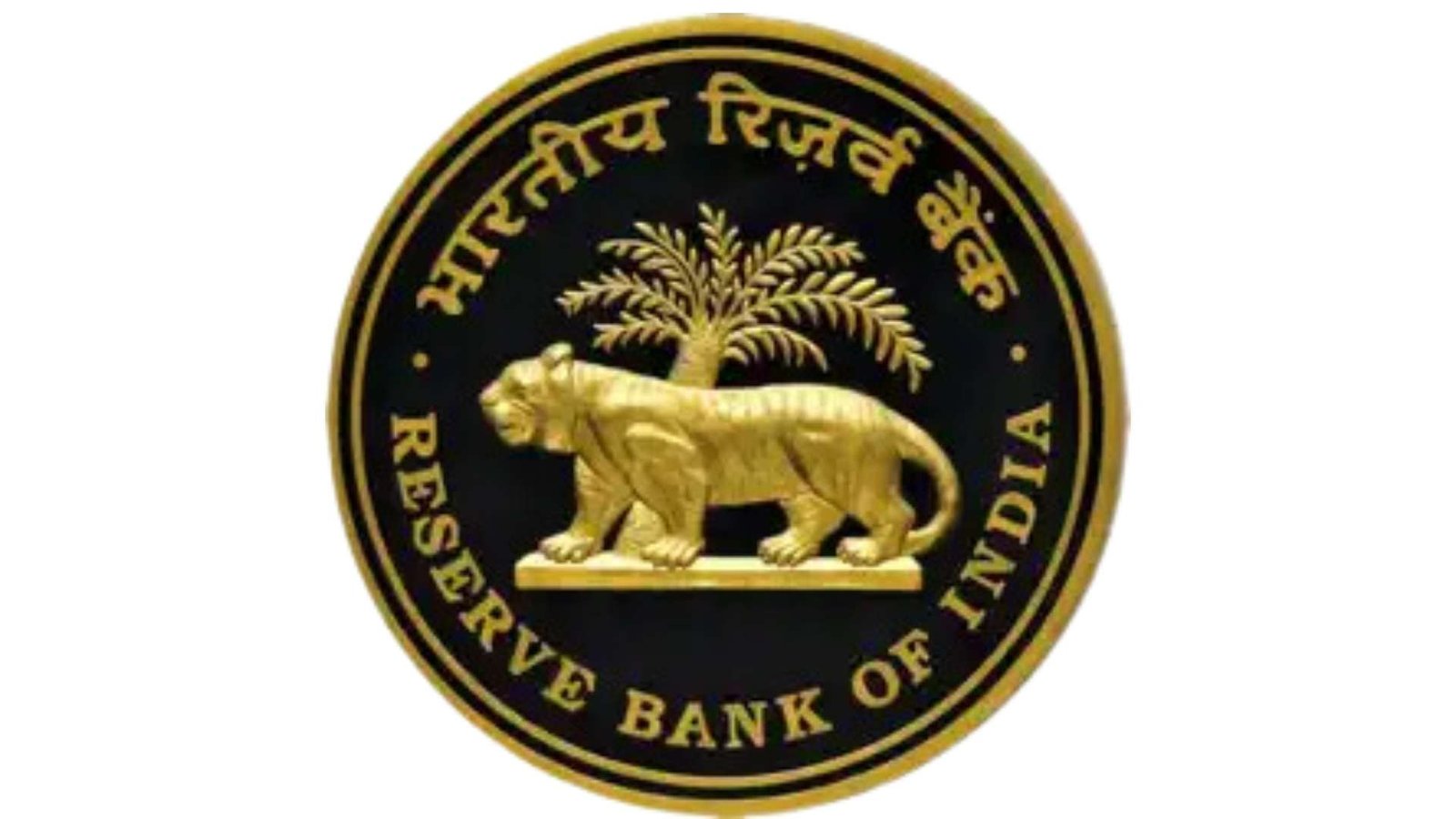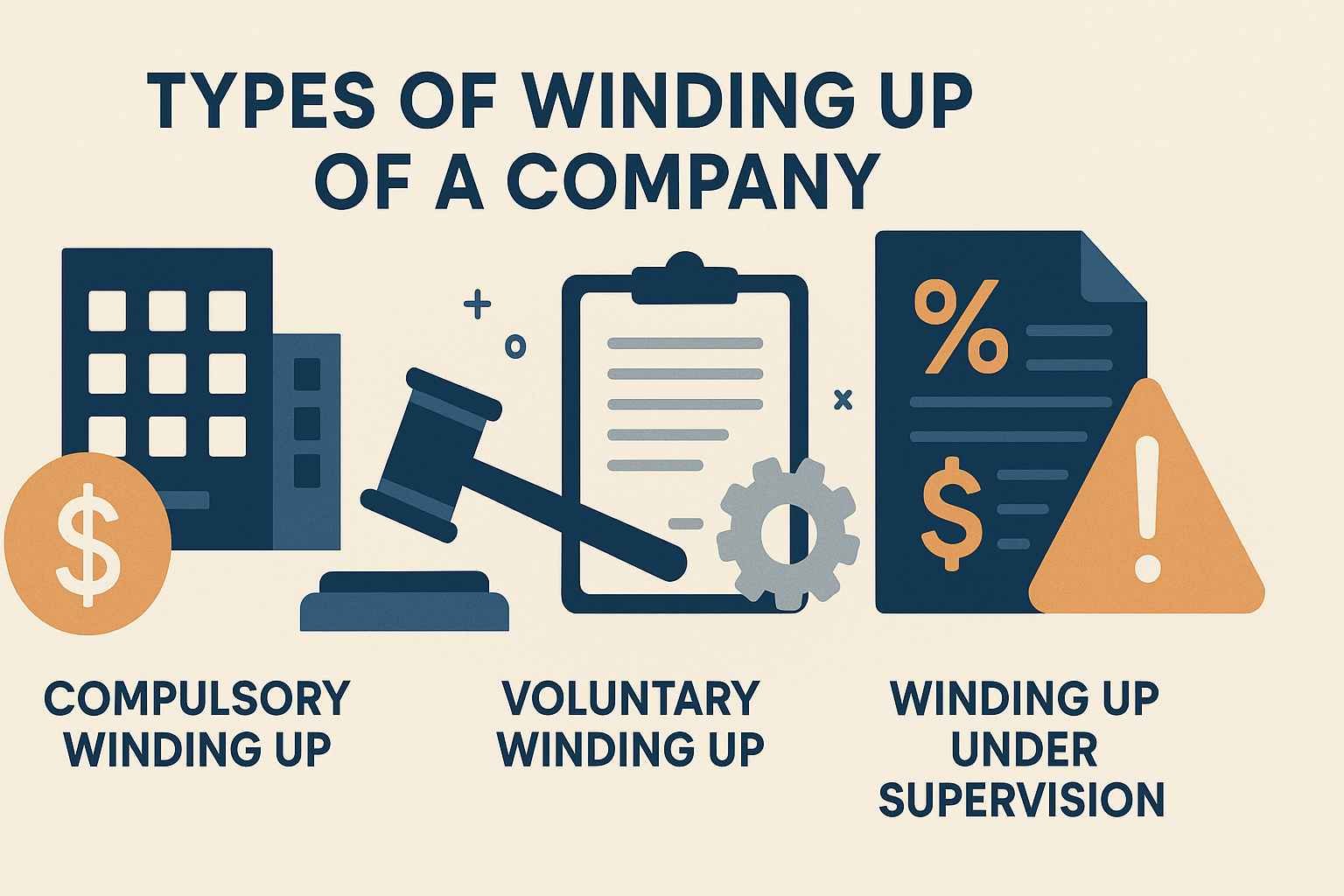On this page you will read detailed information about Stock Market Laws in India.
The stock market is one of the most important pillars of India’s financial system. It allows companies to raise capital, helps investors grow their wealth, and ensures that savings are channelled into productive investments. However, because of its scale and sensitivity, the stock market also requires robust regulation. Without laws and oversight, markets can easily become breeding grounds for fraud, insider trading, and manipulation.
In India, the stock market is governed by a comprehensive legal framework designed to ensure transparency, protect investors, and promote fair play. Let’s explore the major laws, regulations, and authorities that shape the Indian securities market.
1. The Securities and Exchange Board of India Act, 1992
The Securities and Exchange Board of India (SEBI) is the principal regulator of the stock market. Established in 1988 and given statutory powers through the SEBI Act, 1992, its primary objectives are:
- To protect investors’ interests.
- To regulate the securities market.
- To promote fair trading practices and prevent malpractices.
Powers of SEBI
SEBI has wide-ranging powers, including:
- Registering and regulating stockbrokers, portfolio managers, mutual funds, and investment advisors.
- Inspecting and auditing companies listed on stock exchanges.
- Imposing penalties for insider trading, fraud, or unfair practices.
- Introducing reforms such as online trading systems, investor grievance redressal mechanisms, and stricter disclosure norms.
SEBI acts as both a watchdog and a facilitator, ensuring markets remain transparent and efficient.
2. The Securities Contracts (Regulation) Act, 1956 (SCRA)
The SCRA is one of the earliest laws governing securities trading in India. It provides a legal framework for regulating stock exchanges and securities contracts.
Key features include:
- Defining what constitutes “securities.”
- Regulating how securities are listed and traded on recognized stock exchanges.
- Ensuring proper functioning of stock exchanges like BSE (Bombay Stock Exchange) and NSE (National Stock Exchange).
- Empowering the government to recognize or derecognize stock exchanges.
This Act laid the foundation for organized securities trading in India.
3. The Companies Act, 2013
The Companies Act governs the functioning of companies in India, including those listed on stock exchanges. It deals with:
- Corporate Governance: Rules for board composition, audit committees, and independent directors.
- Disclosure Requirements: Public companies must publish annual reports, financial statements, and directors’ reports.
- Investor Protection: Strict rules on issue of shares, buybacks, mergers, and related-party transactions.
For listed companies, compliance with the Companies Act is essential to maintain credibility and investor confidence.
4. Depositories Act, 1996
Earlier, shares were issued and traded in physical form, leading to risks of forgery, theft, and delays. The Depositories Act, 1996 introduced the concept of dematerialization (demat), making securities electronic.
- NSDL (National Securities Depository Limited) and CDSL (Central Depository Services Limited) are the two main depositories in India.
- Investors hold shares in demat accounts, similar to bank accounts, ensuring secure and faster transactions.
- The law also regulates depository participants (brokers, banks, and institutions) who provide demat services.
This reform transformed Indian markets by making them efficient, transparent, and paperless.
5. Insider Trading Regulations
Insider trading refers to buying or selling securities based on unpublished price-sensitive information (UPSI). It creates unfair advantages and undermines investor trust.
- SEBI has issued strict Prohibition of Insider Trading Regulations.
- Company insiders (directors, employees, auditors) must disclose shareholdings and are barred from trading during “closed periods.”
- Violations can lead to heavy penalties, market bans, and even imprisonment.
These regulations ensure that all investors operate on a level playing field.
6. Takeover Code (SEBI Takeover Regulations, 2011)
The Takeover Code governs mergers, acquisitions, and substantial shareholding in listed companies.
- If an investor or group acquires 25% or more voting rights in a company, they must make an open offer to buy shares from existing shareholders.
- This ensures that minority shareholders get a fair exit option during takeovers.
- The law also regulates disclosure requirements for large investors.
The code is vital for maintaining fairness during corporate restructuring.
7. Listing Obligations and Disclosure Requirements (LODR), 2015
The SEBI (LODR) Regulations, 2015 consolidate corporate governance and disclosure rules for listed companies.
Key provisions include:
- Quarterly financial results must be published.
- Material events (like mergers, board changes, or defaults) must be disclosed promptly.
- Stricter rules for related-party transactions.
- Independent directors must form a significant part of boards.
The LODR ensures that investors are not kept in the dark about crucial developments.
8. FEMA (Foreign Exchange Management Act), 1999
FEMA regulates foreign investment in Indian securities markets.
- It lays down rules for Foreign Institutional Investors (FIIs), Foreign Portfolio Investors (FPIs), and Foreign Direct Investment (FDI).
- Ensures that foreign inflows are transparent and within prescribed limits.
- Works alongside SEBI to monitor overseas participation in Indian markets.
This Act is critical, given India’s growing integration with global financial systems.
9. Prevention of Money Laundering Act (PMLA), 2002
Stock markets can be misused for money laundering. To prevent this, the PMLA requires intermediaries like brokers, mutual funds, and depositories to:
- Maintain records of transactions.
- Verify the identity of clients (KYC norms).
- Report suspicious transactions to authorities.
This law strengthens the fight against financial crimes.
In the previous post, we had shared information about The Banking Regulation Act 1949: An Overview, so read that post also.
10. Role of RBI and Other Regulators
Though SEBI is the primary regulator, the Reserve Bank of India (RBI) also plays a role, especially in regulating foreign investment, interest rates, and monetary policies that affect capital flows. The Ministry of Finance and other agencies coordinate with SEBI to maintain market stability.
Challenges in Regulation
Despite strong laws, challenges remain:
- Market Manipulation: Pump-and-dump schemes and circular trading still occur.
- Enforcement Delays: Legal proceedings often drag on for years.
- Global Risks: With foreign investors, Indian markets are exposed to international volatility.
- Technology Risks: Algorithmic trading and cyber threats demand constant regulatory updates.
Conclusion
The Indian stock market is governed by a well-defined legal framework, combining laws like the SEBI Act, SCRA, Companies Act, Depositories Act, FEMA, and PMLA. Together, these laws ensure fair practices, investor protection, and market stability.
However, regulation is a dynamic process. As markets evolve with technology and globalization, India’s laws will continue to adapt. For investors, awareness of these laws is not just useful—it is essential. After all, successful investing depends not only on market knowledge but also on understanding the rules that govern it.
Disclaimer
The information and services on this website are not intended to and shall not be used as legal advice. You should consult a Legal Professional for any legal or solicited advice. While we have good faith and our own independent research to every information listed on the website and do our best to ensure that the data provided is accurate. However, we do not guarantee the information provided is accurate and make no representation or warranty of any kind, express or implied, regarding the accuracy, adequacy, validity, reliability, availability, or completeness of any information on the Site. UNDER NO CIRCUMSTANCES SHALL WE HAVE ANY LIABILITY TO YOU FOR ANY LOSS OR DAMAGE OF ANY KIND INCURRED AS A RESULT OR RELIANCE ON ANY INFORMATION PROVIDED ON THE SITE. YOUR USE OF THE SITE AND YOUR RELIANCE ON ANY INFORMATION ON THE SITE IS SOLELY AT YOUR OWN RISK. Comments on this website are the sole responsibility of their writers so the accuracy, completeness, veracity, honesty, factuality and politeness of comments are not guaranteed.
So friends, today we talked about Stock Market Laws in India, hope you liked our post.
If you liked the information about Stock Market Laws in India, then definitely share this article with your friends.
Knowing about laws can make you feel super smart ! If you find value in the content you may consider joining our not for profit Legal Community ! You can ask unlimited questions on WhatsApp and get answers. You can DM or send your name & number to 8208309918 on WhatsApp











